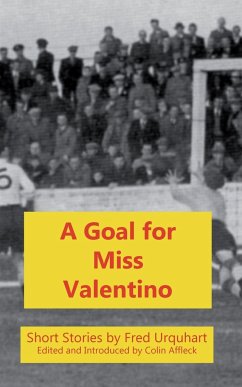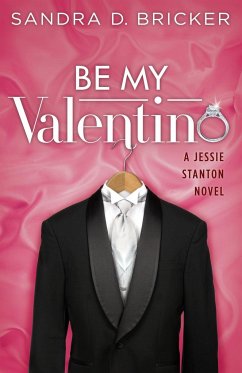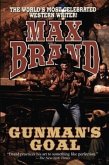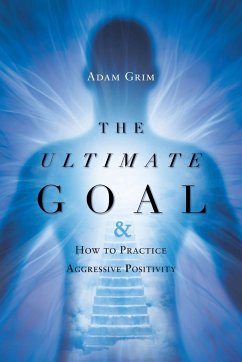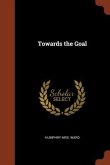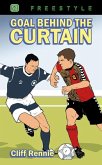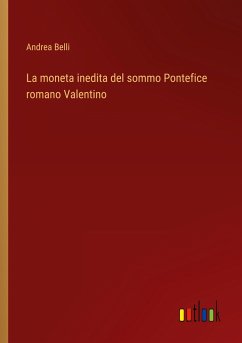This is the first publication of the last collection of his short stories that Fred Urquhart planned. It displays the full range of his work: unsparing stories, tragic and comic, about ordinary people in twentieth century Scotland; historical tales in settings from Bohemia to Dundee; and unconventional ghost stories with such disparate themes as the identity of the Third Murderer in Macbeth and goings-on in Lillie Langtry's household. As always, Urquhart the master storyteller excels in vivid dialogue and the creation of memorable characters, often placed in challenging circumstances. And in many of these stories he uses the freedom of the late twentieth century to explore various forms of sexuality with an enhanced frankness.
Hinweis: Dieser Artikel kann nur an eine deutsche Lieferadresse ausgeliefert werden.
Hinweis: Dieser Artikel kann nur an eine deutsche Lieferadresse ausgeliefert werden.

